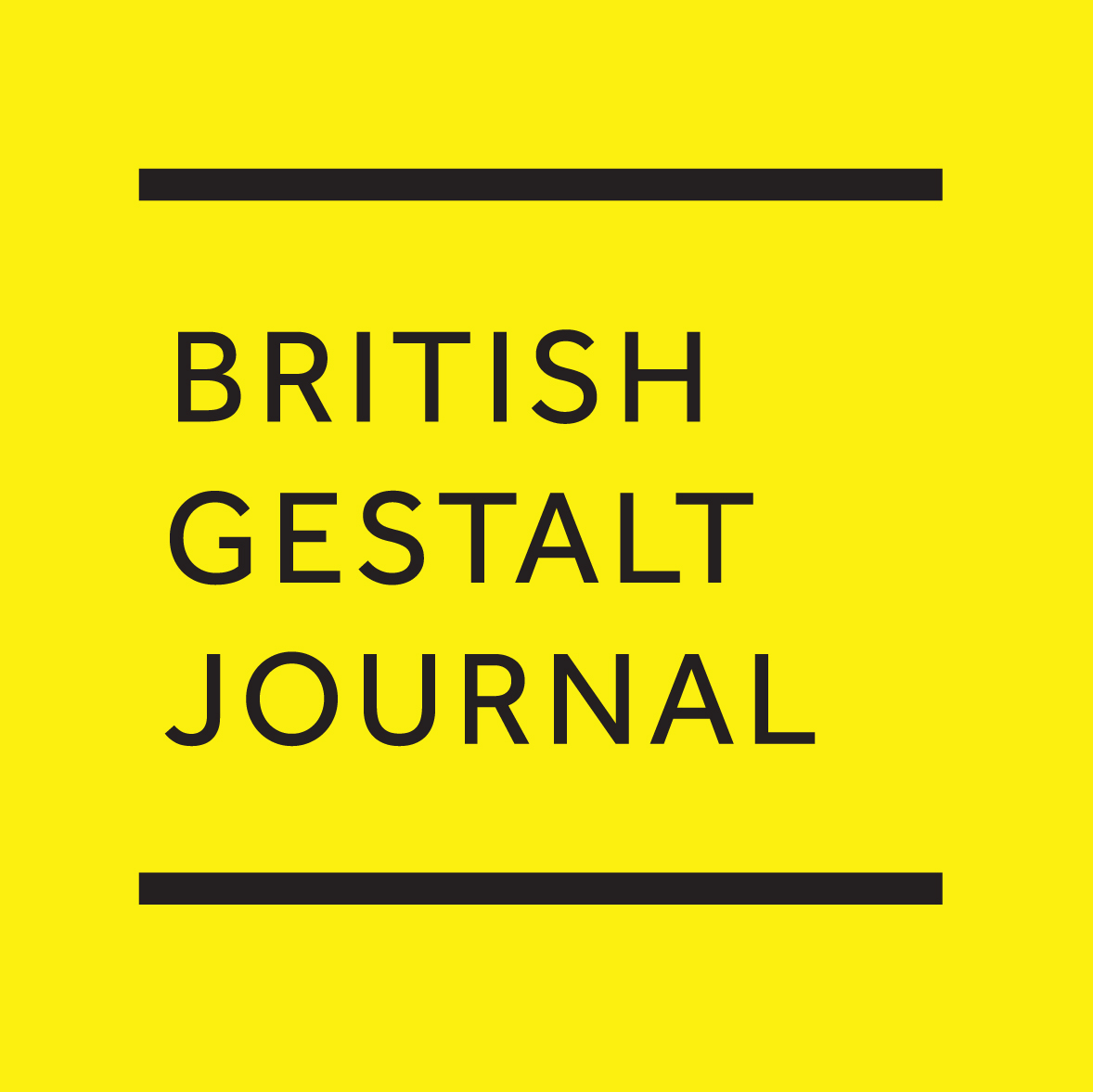There was a very special cause for celebration at this years the UKAGP’s National Conference. The conference weekend marked the British Gestalt Journals twenty-five years of publication and was an opportunity for the British Gestalt Community to take stock of who we are, what we do, and what we have achieved so far.
The BGJ is an independent, international, peer-reviewed journal serving the Gestalt community. What is remarkable is that such a specialist, high-quality journal survives outside of a University Department or Training Institution and is maintained largely by voluntary effort. The readers, writers, peer reviewers and editors are all practicing Gestalt therapists, trainees, trainers and Gestalt practitioners in organisational development. It is now bought and read all over the world both in print and in digital format, with subscribers in every continent.
Reading journal articles is often a solitary activity. This conference was an experiment in bringing the encounter alive, taking the writers’ ideas off the page, chewing them over and following our interests and energies as we explored them further. Doing this in community provides all kinds of exciting possibilities! The invited contributors were drawn from senior members of our international community who have supported and contributed to the BGJ over the years; Gaie Houston, Lynne Jacobs, Joe Melnick, Peter Philippson and Margherita Spagnuolo Lobb. We were delighted that they agreed to take part in this active conference process. It proved a real opportunity to engage together whilst challenging, developing and clarifying the living relational theory that informs our work as Gestalt practitioners. Each contributor has written follow-up papers to the conference that will be published in our eagerly awaited November BGJ issue.
We celebrated the hard work and vision of Malcolm Parlett, the first editor, and the members of the Gestalt Psychotherapy Training Institute, who supported the Journal into existence. The list of contributors over the last 25 years includes most of the well-known writers and trainers in the international Gestalt Community as well as new and emergent writers. Many of these articles continue to be purchased and appreciated by students and practitioners all over the world. The BGJ continues to exist because it is bought, read, supported and valued by the Gestalt community. Long may it continue!
Thanks!
The British Gestalt Journal has been produced over the years on a minimal budget by a tiny handful of people. The current editorial team comprises Christine Stevens; Editor, Diane Hodgeson, Hilary Holford and Beth Newton as Assistant Editors; Caroline Hutcheon as Production Editor and Alice Gale-Feeny as Editorial Assistant (soon to be replaced by Rose Ashurst). We are supported by the Board of Gestalt Publications Ltd, chaired by Neil Harris. We would like to thank all those who have played a role in the production of the BGJ over the last 25 years, for the countless hours of hard work, for your vision and determination. This includes the anonymous peer reviewers, whose generosity enables us to maintain high standards and supports the authors to give of their best.
We are deeply grateful to the UKAGP Chair, Jacqui Lichtenstern, the Board and the Conference Organising Committee, chaired by Liz Beauchamp. It would have been beyond the energies of the BGJ team to have put on a conference like this ourselves, but for the anniversary to be celebrated within the UK Gestalt Community at their annual conference seems both appropriate and deeply affirming. Special thanks, however, must go to UKAGP for taking on the vision for such an experimental, process-led event, which has involved a greater need to tolerate the unknown than ususal! The fact that the committee took this in their stride is a tribute to their professionalism and efficient management.
Christine Stevens PhD
Editor, BGJ
Editor Christine Stevens with founding Editor Malcolm Parlett

